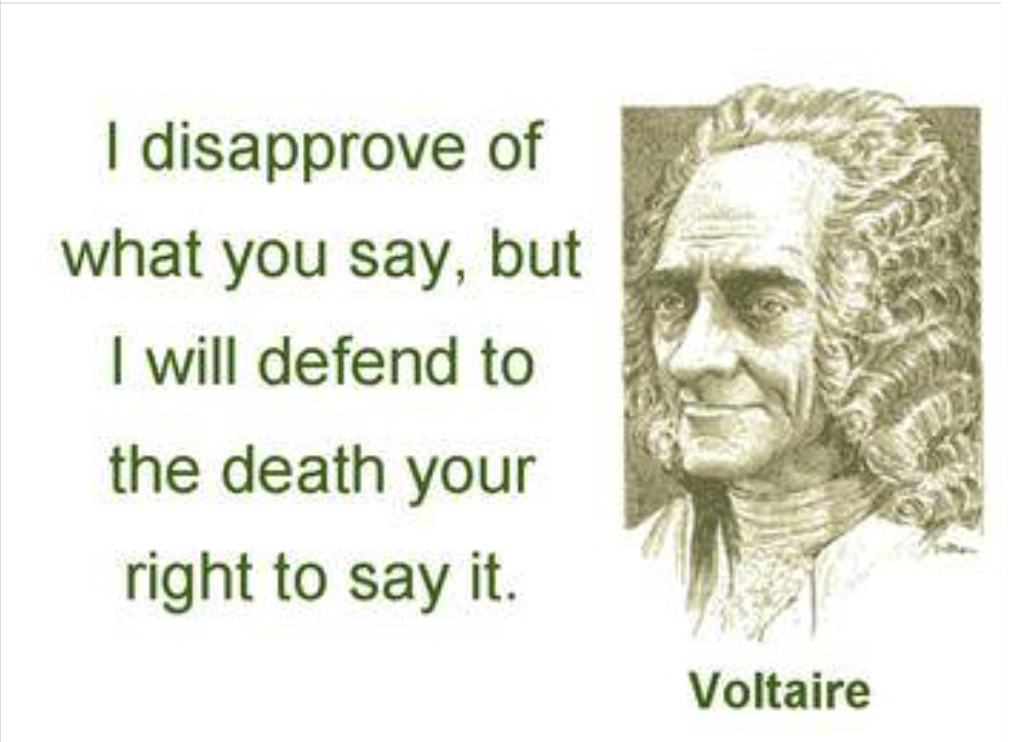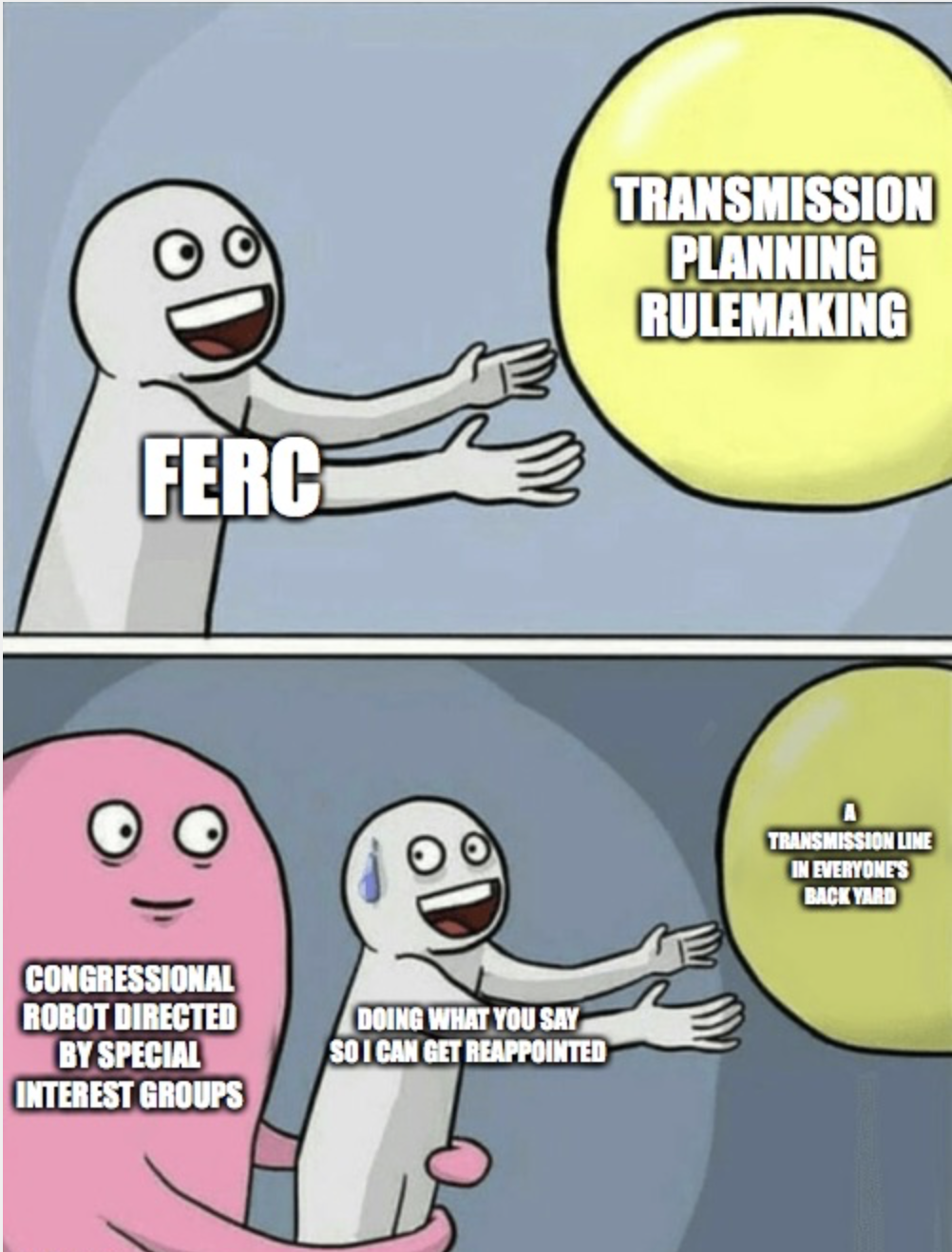They came to Missouri’s capital from small cities and towns such as Marshall and Lebanon, Odessa and Shelbina.
They’re not activists or lobbyists but city administrators and public works directors from deep red Missouri counties. They drove hours this week to push back against big agriculture and urge the majority Republican Legislature not to spike the largest energy infrastructure project in the state — the $2.5 billion Grain Belt Express transmission line.
The real victims are the family farmers whose properties will be burdened by the taking of new rights of way through productive fields for the express purpose of producing a profit for Invenergy's super-rich CEO Michael Polsky, who has a place on Forbe's list of billionaires. Polsky holds the power here... the power of greenbacks to buy political power and the power of eminent domain granted under antiquated Missouri laws to simply take property from family farms on a whim.
Because Grain Belt Express is a whim. It's not needed for any reliability, economic, or public policy purpose. If it was, it would have been ordered by one of the regional grid operators who are tasked with operating the transmission system. Instead, GBE is a voluntary merchant project. A merchant project is a business proposal. A businessman (Michael Polsky) proposes to build an electric transmission line between two points on the premise that power producers and power distributors will find value in shipping electricity between those two points. If the project doesn't find enough customers to make it profitable, there's no obligation to build and the businessman simply cancels the project before it is built.
Eminent domain should only be used for projects of public necessity, such as to keep the lights on. Economic desires are not a reason to take real property from private individuals.
This article wastes too much time on the supposed "savings" by these small towns.
The capacity will provide access to wind power that will cumulatively save the cities $12.8 million annually over 25 years.
Invenergy must be feeling pretty scared if it is now resorting to threatening Missouri legislators.
If the promise of helping small cities save money doesn’t appeal to Missouri legislators, the threat of litigation might.
Peggy Whipple, an attorney representing Invenergy, said the retroactive nature of H.B. 2005 would put the state at risk of paying the company millions of dollars in legal damages for expenses it has already incurred.
The bill violates state and federal law on at least four grounds, Whipple said. Invenergy has already invested $52 million in the project and voluntarily obtained easements for the line across 1,200 of 1,700 parcels in Missouri and Kansas, she said. In addition, the company has executed $76 million in contracts with landowners and paid out $10 million upfront.
H.B. 2005 would require 50 percent of transmission capacity from a project to be dedicated to Missouri and it would give any county in the line’s path the power to block the project for any reason.
The provision violates the U.S. Constitution’s dormant commerce clause that prohibits states from interfering with interstate commerce, Whipple said.
And it is the legislature's job to SERVE THE PEOPLE, not the financial interests of out-of-state billionaires.
Money is power in politics. However, honest legislators will do the work of the people that elected them without being influenced by politics and corporate donations.
And let's end with this...
They came to Missouri’s capital from small cities and towns. They came despite the farm chores waiting for them at home. They came to protect their livelihoods and their heritage.
They’re not activists or lobbyists but farmers and ranchers who care little about politics but a lot about their future. They drove hours this week, and have done so too many times to count over the past 10 years, in order to push back against big energy and eminent domain for private gain and urge their elected representatives not to spike their right to own and use farm land to grow the food that provides for our nation's security and Missouri's economic prosperity.
Invenergy is the one with the power and it has shamelessly tossed money and influence around at the legislature every year in order to prevent modernizing Missouri's eminent domain laws to benefit the modern people of Missouri. Missouri's position under an out-of-state billionaire's thumb needs to end this year.






 RSS Feed
RSS Feed